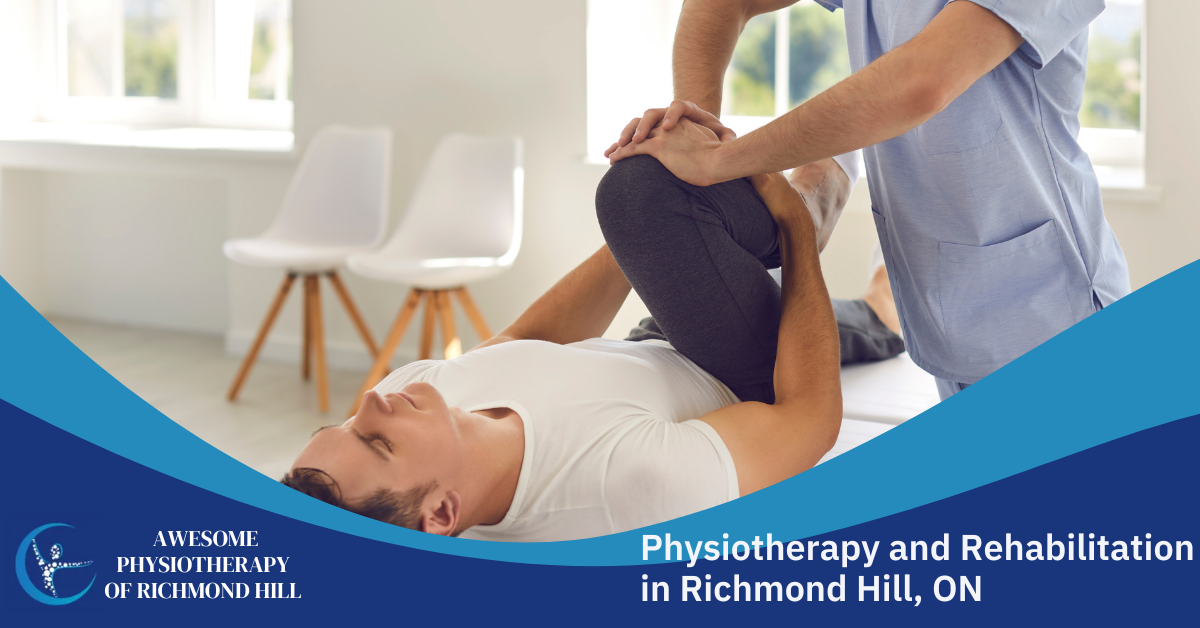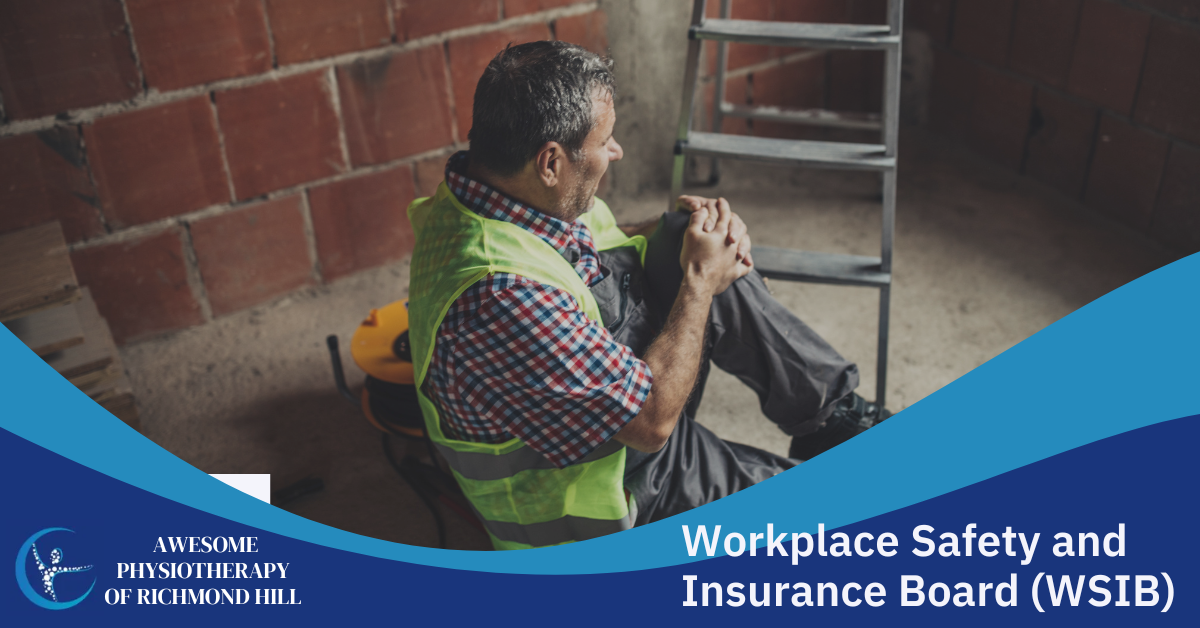7 Ways Getting a Massage Can Improve Mental Health
Massage therapy’s considered therapy for a reason. The $18 billion massage industry’s become a crucial resource for those struggling with mental health.
450 million people suffer from mental illnesses and most people don’t seek help. While talk therapy can be daunting for many, massages are an accessible way to improve mental health.
Massages as safe forms of therapy are a common blind spot. It’s easy to see the mind and body as separate, but bodywork’s integral for those stuck in their heads.
More than just a self-care tactic, massages are musts for those with mental health battles. Here’s why.
Improve Mental Health With Massage
Distressed minds make it easy to forget the body. In reality, the body stores stress in all cells, joints, muscles, and parts of the physiological system. While most get massages for physical complaints, the body mirrors the mind.
Whether you have a mental health condition or suffer from daily stress, massage therapy can benefit any of the following things.
- Depression
- Anxiety
- Insomnia
- Restlessness
- Nervousness
- Monkey mind
- Lack of focus
- Brain fog
- Hyperactivity
- Hypoactivity
- Fatigue
A lack of bodywork can amplify mental ailments. Balance means keeping the mind and body symbiotic. Here are the ways massage therapy can improve mental health.
1. Safe Container
Healing happens immediately when it’s safe to do so. Getting a massage sends signals to the brain that it’s okay to heal. Being receptive to this therapy ensures its success.
Most people associate massages as a way to physically let go. That won’t completely happen if the mind doesn’t let go too. While the massage therapist works on the physical, the client does the mental work.
One can’t happen without the other. Whether you know it or not, massages help you facilitate your own healing.
2. Honoring Yourself
There are various types of massages , all of which address the body in different ways. Understanding massage therapy means choosing the right massage for you. A sports massage may not help your anxiety and stress like an aromatherapy massage or deep tissue .
Finding the right massages is another way of honoring your mental state. Talking with your massage therapist can help you relax completely.
3. Work Out Knots
There’s a reason people say the only way through is through. Working out knots, muscle tension, and stiffness releases physical and emotional blockages. Like in yin-yoga, holding long poses can bring up and out peoples’ emotions.
Knots are stored energy that must be worked through to restore blood circulation and relaxation in the muscles. Discomfort brings emotional processing—but that’s where healing lives.
4. Stimulate the Right Hormones
Mental illness is known as a chemical imbalance. Massage therapy helps restore that balance by stimulating the right hormones , including oxytocin, endorphins, dopamine, and serotonin.
As a result, massage therapy can result in:
- better sleep
- regulated energy
- mood stabilization
- reduced stress
- increased flexibility
- calm demeanor
Beyond just feeling good, massages work biochemically to keep the body’s systems flowing.
5. Improve Blood Circulation
It’s common to feel sluggish, tired, and chronically fatigued when battling the mind. On top of emotional exhaustion, these physical symptoms mean that blood isn’t moving through the body well. Muscle stimulation helps pump blood through the lymphatic system while clearing out waste and toxins.
6. Improve Mind-Body Connection
While massages aren’t the time for thoughts, bodies are homes for feedback. Learning where and how you store stress in the body can help you care for yourself. Next time you have a massage, get curious about what stress looks and feels like in your body.
- Do you get a sore neck?
- Headaches?
- Hip problems?
- Low back soreness?
- Stiff back?
- Knots in your shoulders?
Getting feedback from the massage therapist can also help you learn about your body. Being mindful and present during your massage can show you where to self-massage on stressful days.
If you feel disconnected from the mind or body, check in with your physical self. If you’re sore, achy, or knotted up in places, consider it time for some self-care.
7. Foster Closeness to Self
Getting massages can be vulnerable for some, but vulnerability’s inherent in healing. Massages show you your body’s knowledge in a way that can result in being a happier person.
Having a healthy body makes for a healthy mind and vice versa. Massages are an easy way to receive therapeutic benefits, without having to say a word!
Massage Therapy
Getting massages regularly is the way to tap into the therapeutic benefits. As is true for any therapy, massages need consistency for the mind and body to repattern themselves.
Regular massages also allow the client to witness their own healing from a mental, emotional, and physical level. You can begin to wonder:
- How’s my body today versus last time?
- How’s my mental health today versus last time?
- Has the discomfort in my body moved?
- What can I learn from my discomfort?
- How am I relating to my discomfort?
Massage therapy’s profound in the way it lets the client drop deeper into their physical experience and away from their mental one. Seeing that pain’s impermanent is paramount. Watching the pain move is hopeful.
Bearing witness to your own healing ensures lasting wellness.
Massage Time
Mental health can be messy, but massage therapy’s easy. Instead of trying to figure it all out, massage therapy allows you to be with the mess, knowing it’s bound to move.
Healing stems from transformed relationships to the pain. Massage therapy’s proof that pain’s temporary and it can be moved in a safe, pleasant, and relaxing way.
Knowing massages improve mental health makes recovery feel a phone call away—and it is! Call us today to see what our massages can help you move through.



How Physiotherapy Can Help You Recover Faster: A Guide to Physiotherapy Centers In Richmond Hill, ON







